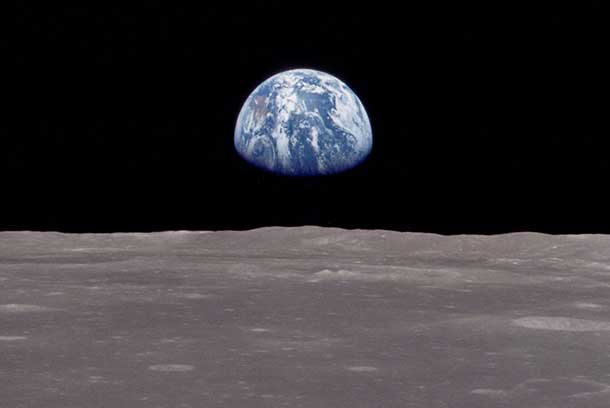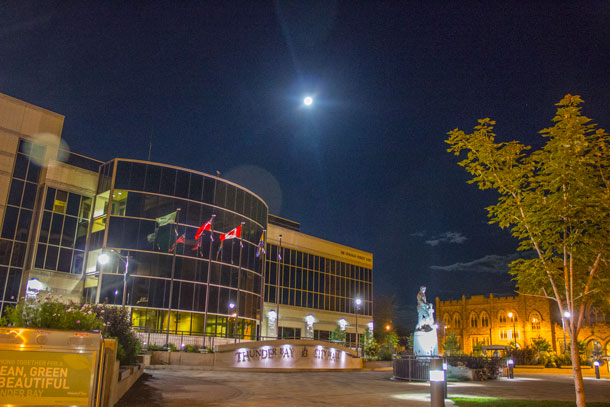Contrary to popular belief, wolves do not howl at the full moon specifically. Wolves are known to howl for a variety of reasons such as communication with other pack members, territory marking, and signaling to prey or predators.
While it is true that wolves are more active during the night, including around the time of the full moon, there is no evidence to suggest that they howl specifically in response to the full moon. In fact, studies have shown that wolves may actually be less active during a full moon as their prey animals may be more alert and difficult to catch.
Therefore, while the image of a pack of wolves howling at a full moon may be popular in art and folklore, there is no scientific basis for this belief. Wolves may howl at any time, day or night, for a variety of reasons that are not necessarily related to the lunar cycle.
How does a Full Moon impact your mood?
For example, one study published in the Journal of Affective Disorders found that during a Full Moon, people may experience more sleep disturbances and have less deep sleep. Another study published in the American Journal of Emergency Medicine found that there may be an increase in emergency room visits during Full Moons.
It’s worth noting that these studies do not prove that the Full Moon directly causes these effects. There could be other factors at play that are responsible for these changes in behavior. Additionally, many people who believe that the Full Moon affects their mood may be experiencing a placebo effect, where their belief in the Full Moon’s power influences how they feel.
Overall, while there is no clear scientific evidence that a Full Moon directly impacts a person’s mood, it’s understandable that some people may feel this way based on their personal experiences or beliefs.






